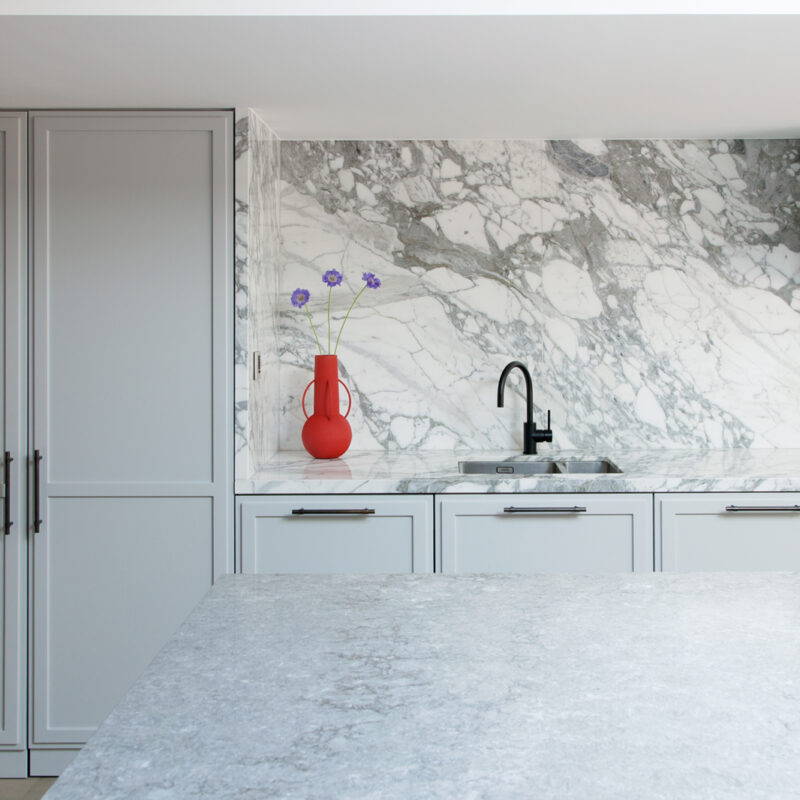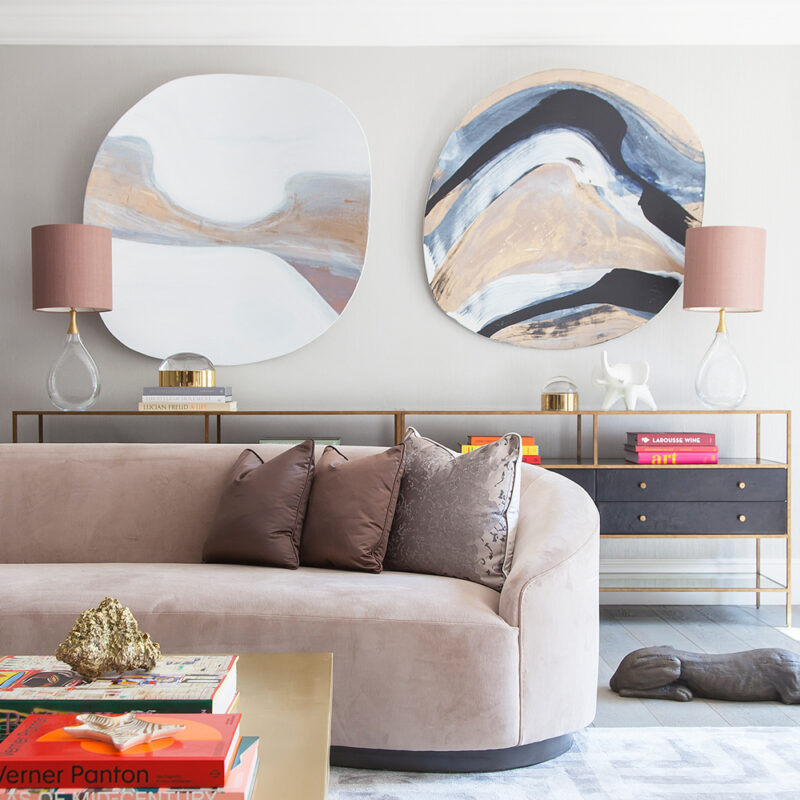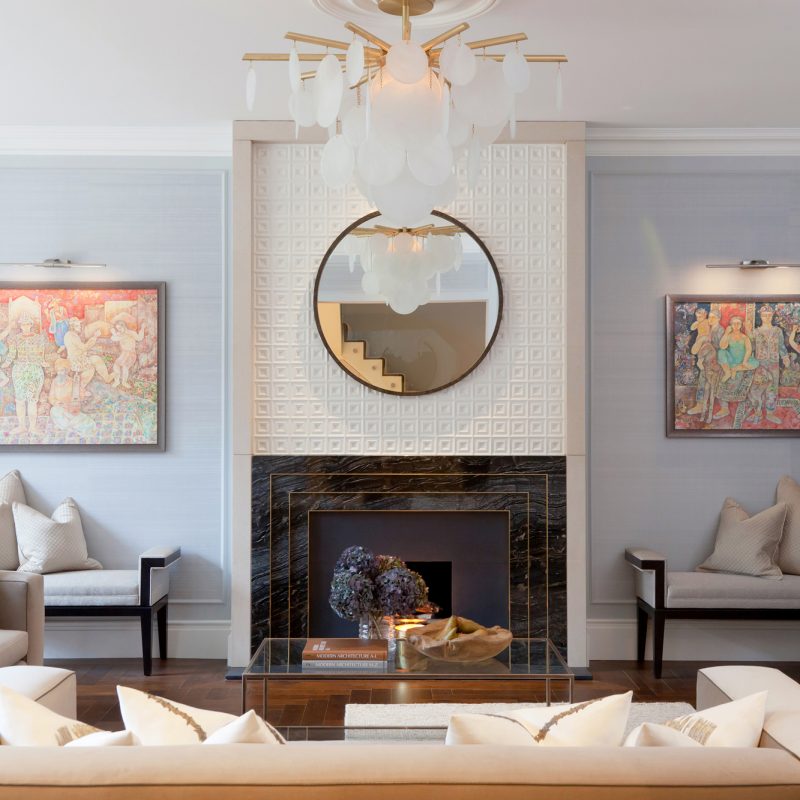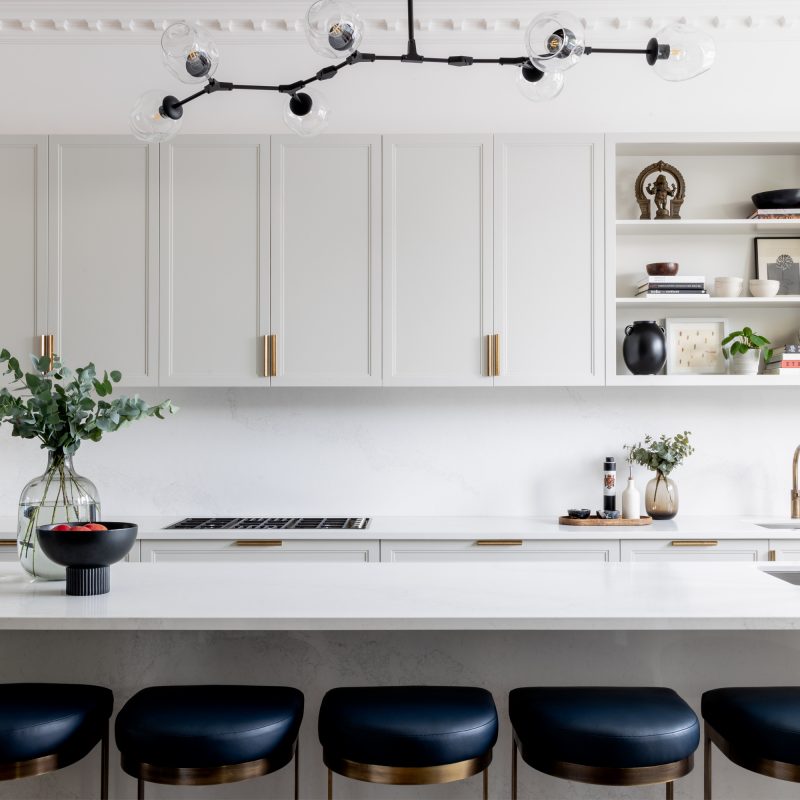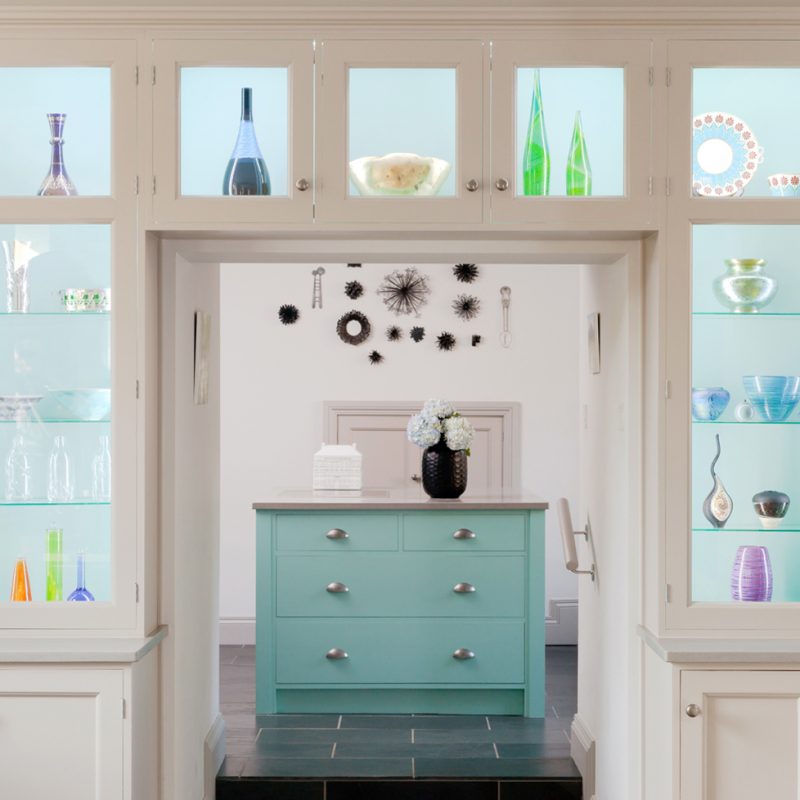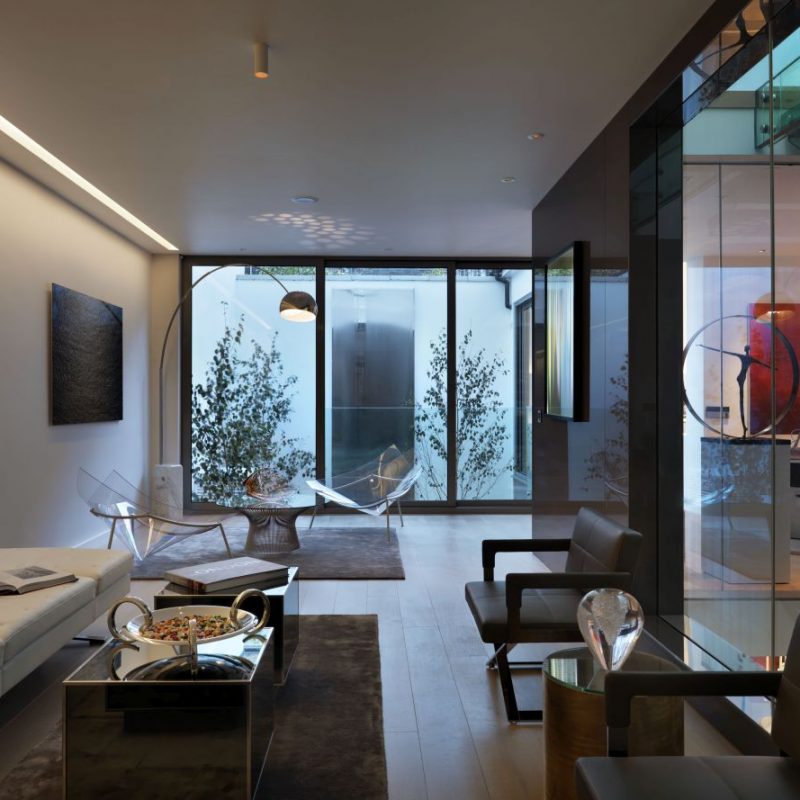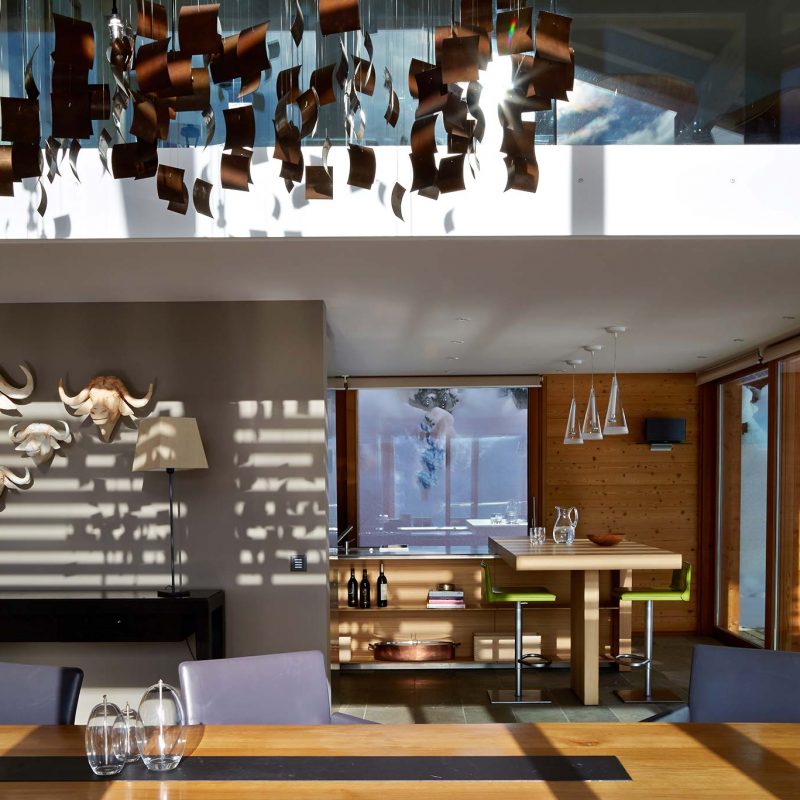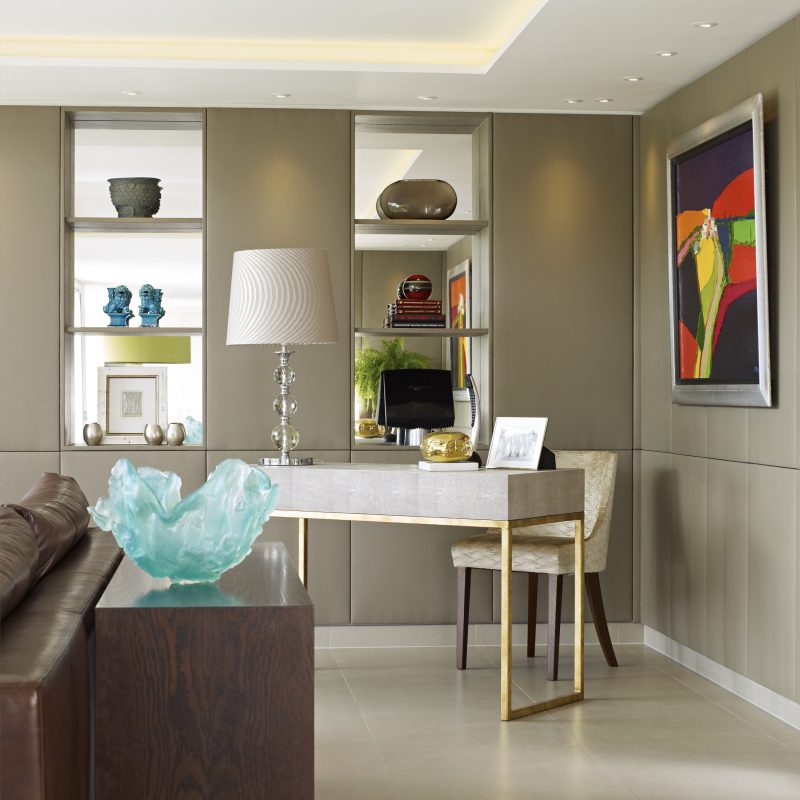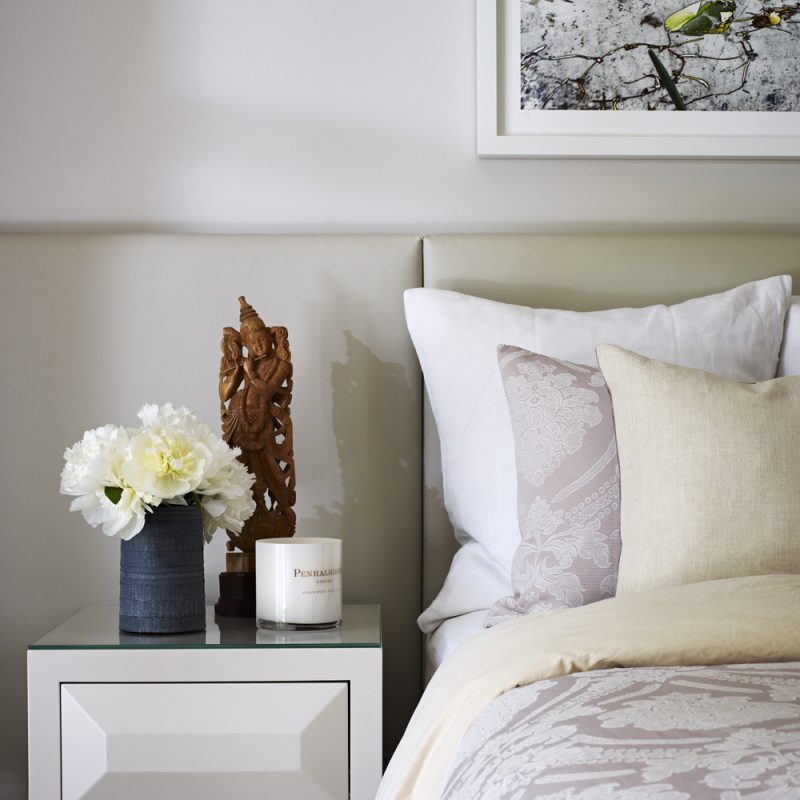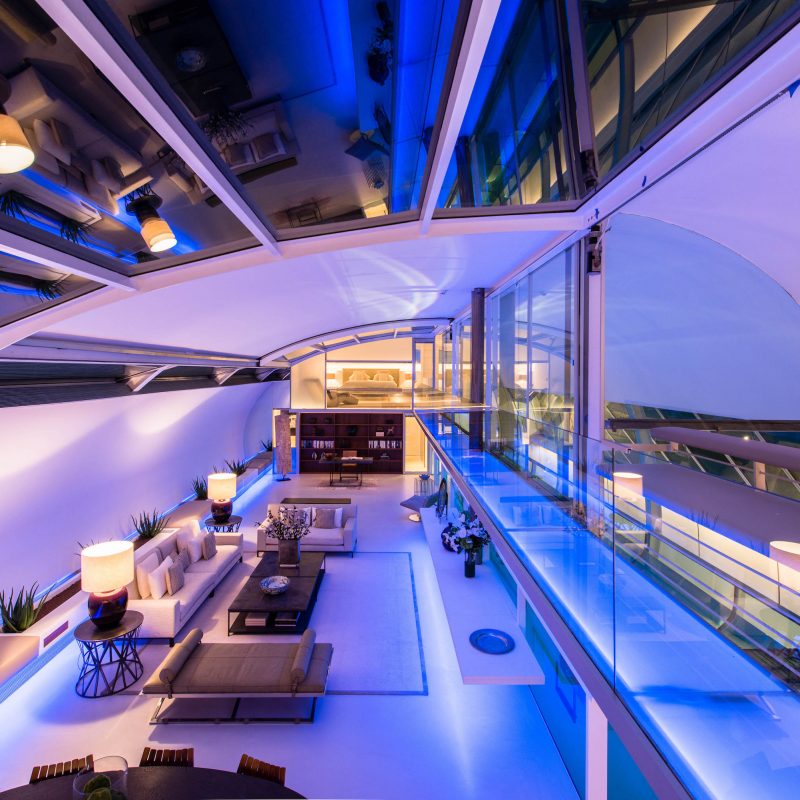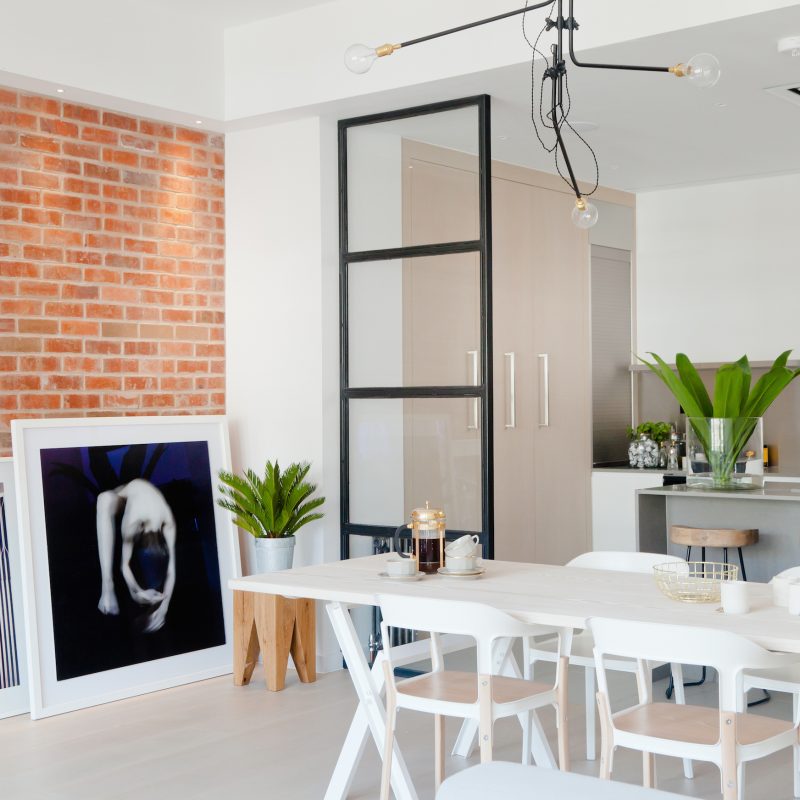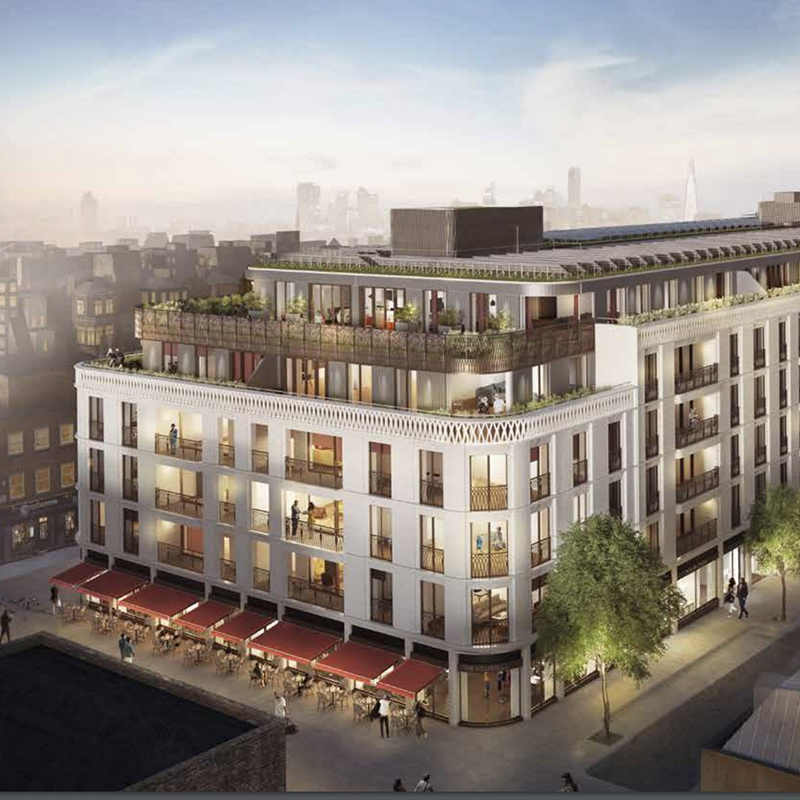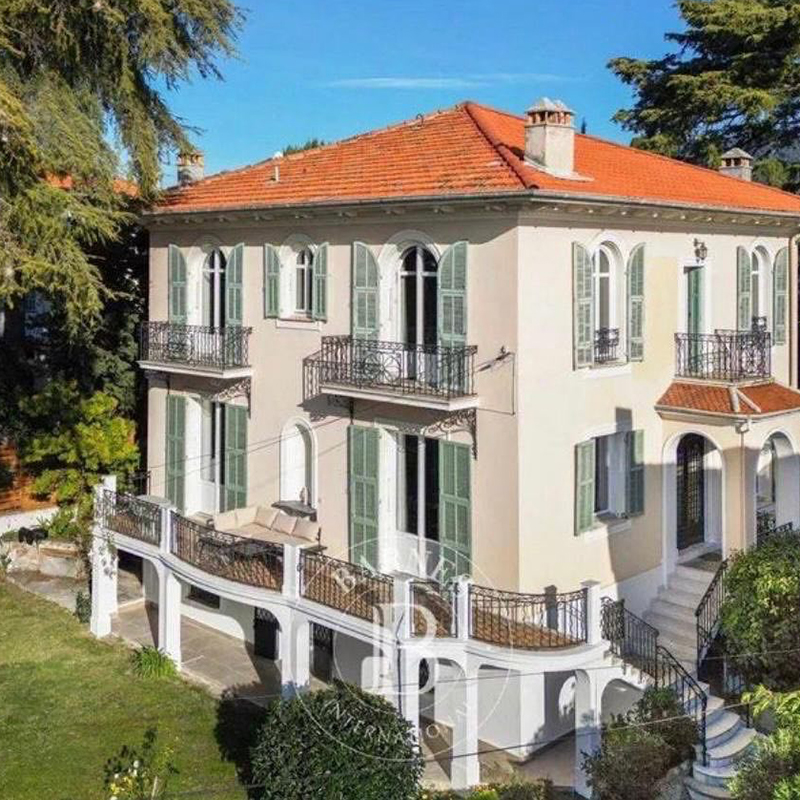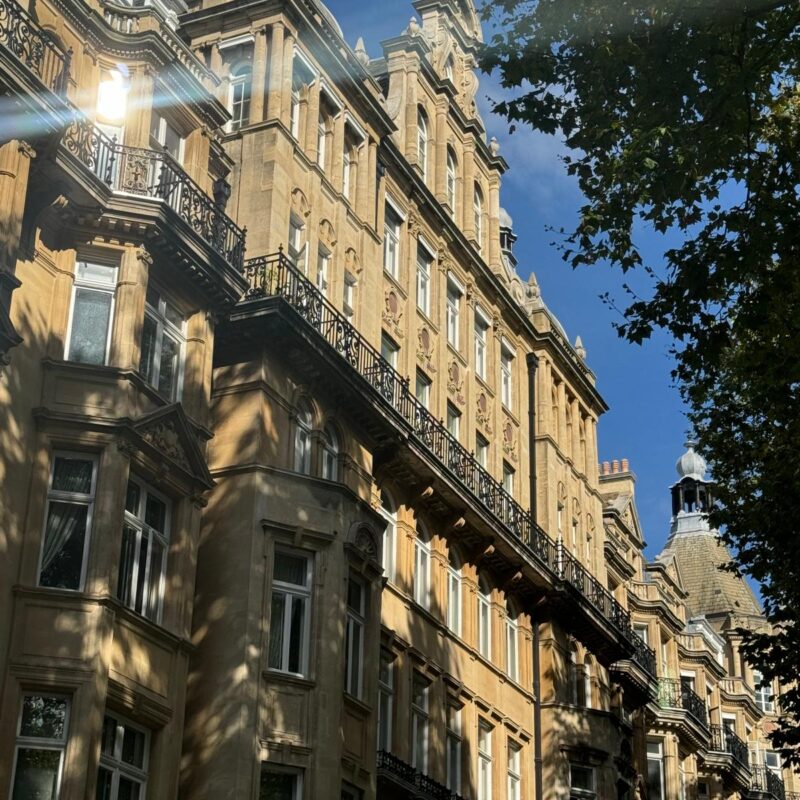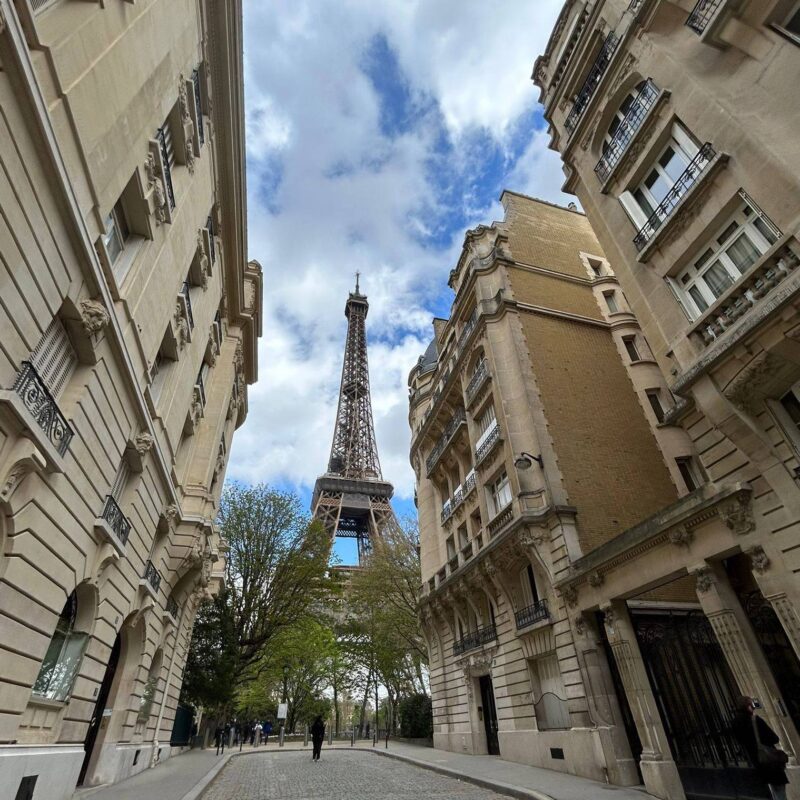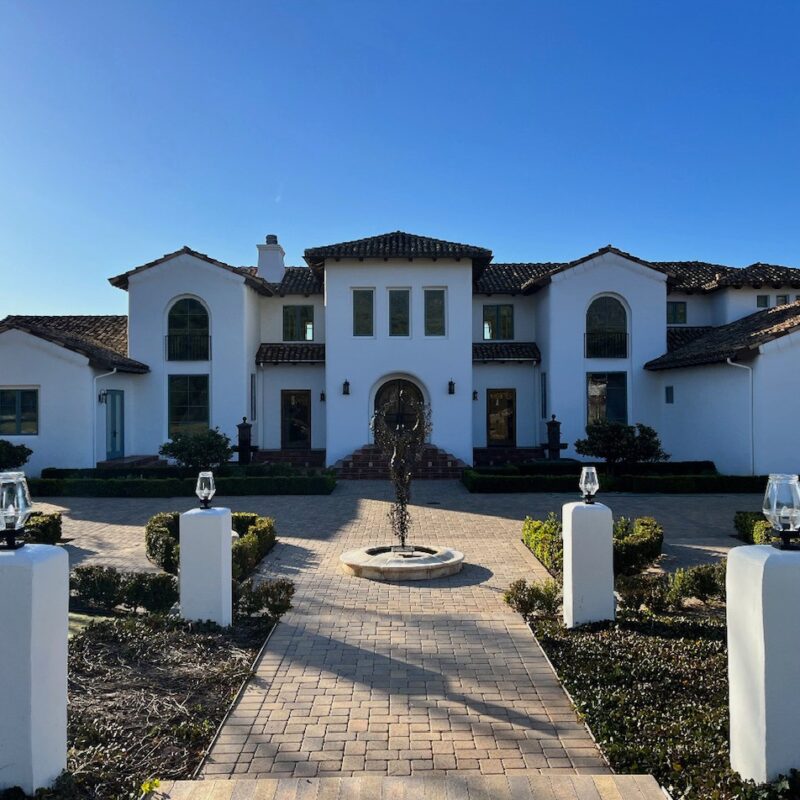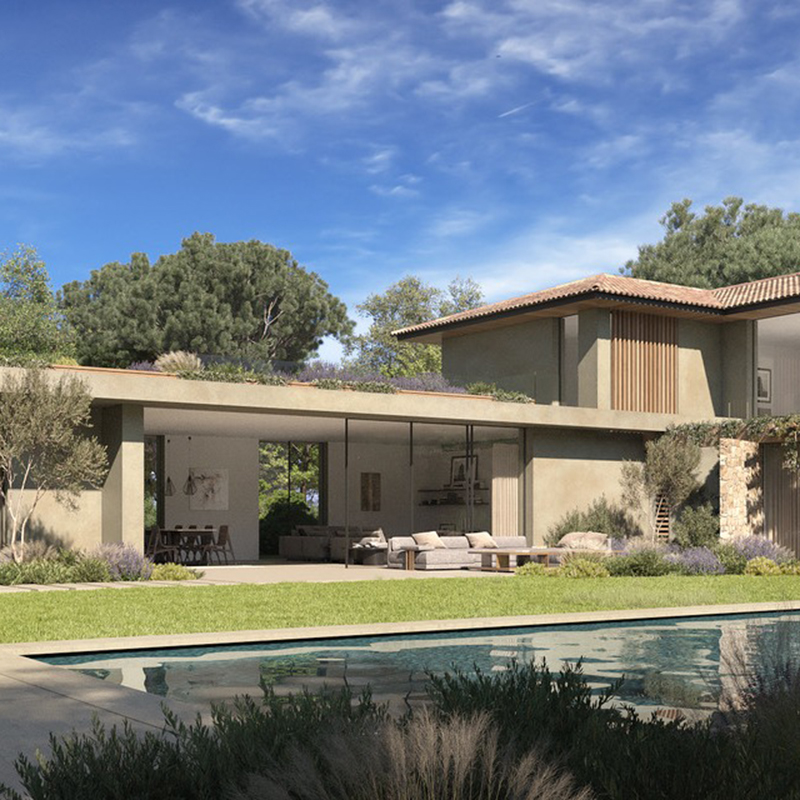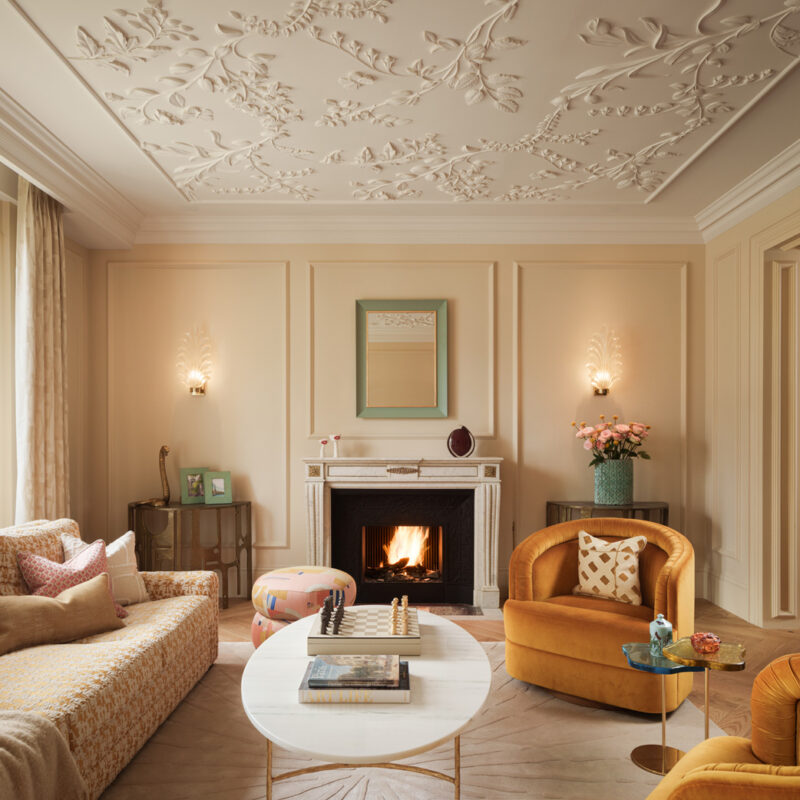
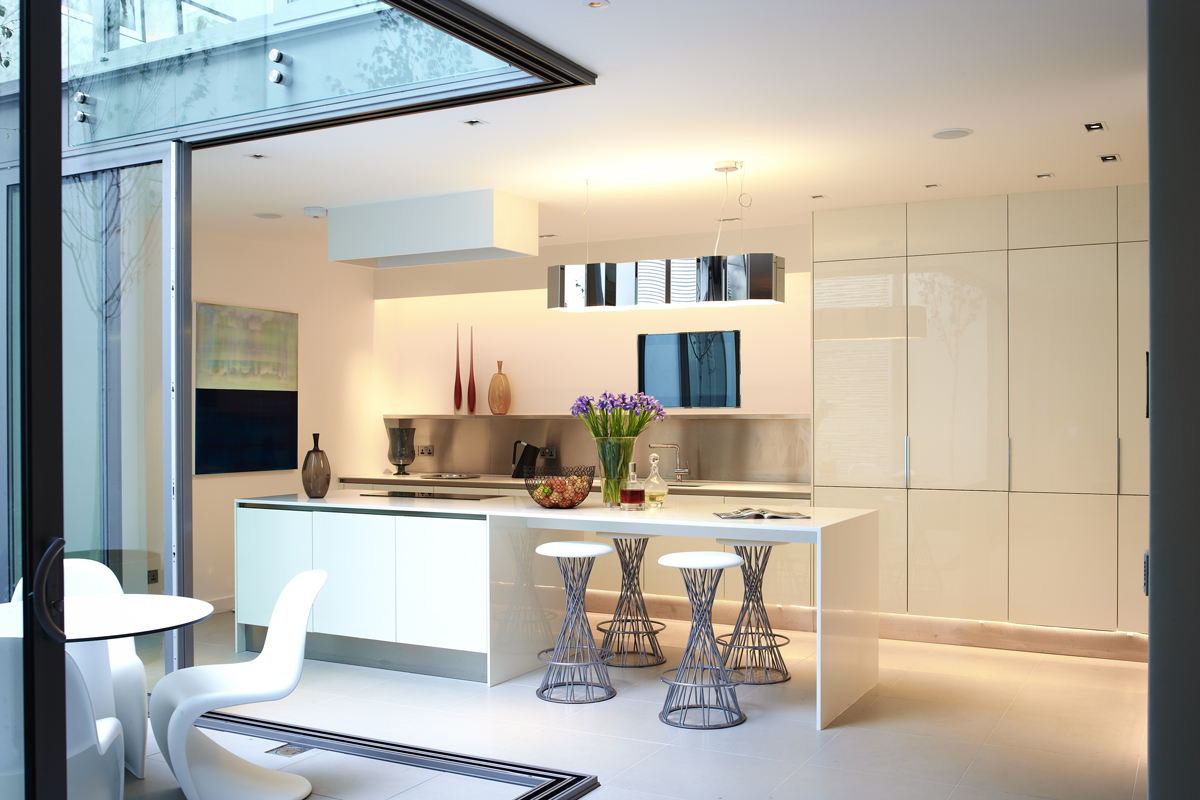
Luxury Interior Architecture
Luxury interior design or interior architecture represents the pinnacle of aesthetic refinement and personalisation in creating living spaces. It is a world where luxury, elegance, and craftsmanship converge to craft environments that are not only visually stunning but also deeply reflective of the unique tastes and lifestyles of their occupants.
It’s a fusion of artistry and functionality, where the finest materials, skilled craftsmanship, and cutting-edge technology transform houses into luxurious, personalised sanctuaries. In this exploration, we will delve into the essence of luxury interior design, its principles, elements, and the unparalleled benefits it offers those seeking to elevate their living spaces to the height of sophistication and comfort.
At Callender Howorth, interior architecture is integral to the design process, styling, and renovation. Our long industry experience means we can deliver even the most complex high-end projects on time and budget.
What Is Luxury Interior Architecture?
Luxury interior architecture has recently undergone a significant transformation, though not a new concept. It is now widely acknowledged that the arrangement and design of interior spaces profoundly impact the mood, productivity, and overall happiness of those who inhabit them.
Historically, the responsibility for designing the interiors of buildings rested with architects, yet craftsmen, artisans, furniture makers, and, in later years, interior decorators and stylists also played vital roles in this process. However, as we entered the 19th century, a shift from property ownership to leasing began to separate the design of a building’s interior from its architectural structure.
While the original structural and spatial layout is typically envisioned by the initial architect, subsequent alterations to its interiors present opportunities to reshape and redefine spaces to suit contemporary needs, the concept of adaptive reuse of buildings, a practice with a long history, exemplifies this idea.
A prime illustration is the Battersea Power Station project, where numerous intricate interior architecture and design studies were conducted, considering many political, sociological, and commercial factors. In this context, an interior architect’s role may encompass anything from minor adjustments to substantial structural changes, all aimed at adapting a space to meet modern requirements and, in the realm of luxury, elevating it to the highest standards of opulence and comfort.
What Does Luxury Interior Architecture Entail?
Interior architecture covers a broad spectrum of projects, including the restoration and preservation of old buildings, adaptations for use, safety or changes in law and the ongoing efforts to reform and re-envision spaces for added comfort.
It is a specialised field of interior design that focuses on creating high-end, opulent, and visually stunning living spaces. Luxury interior architecture surpasses the basic principles of interior design to create functional spaces that exude a sense of luxury, comfort, and sophistication.
Here are some key aspects of luxury interior architecture:
Spatial Transformation
Luxury interior architects have the expertise to reconfigure and modify the layout of a space, including moving walls, altering room dimensions, and optimising spatial flow. The goal is to maximise the functionality and visual appeal of the interior.
Architectural Features
Incorporating architectural features such as coffered ceilings, archways, columns, and custom mouldings adds sophistication, elegance, and a sense of grandeur.
Lighting Design
Lighting is a crucial component of luxury architecture. Designers combine ambient, task and accent lighting to create an inviting, warm atmosphere. Luxury interior designs often feature chandeliers, sconces and statement lighting fixtures.
Material Selection
Luxury interior architecture incorporates premium and rare materials like marble, granite, exotic woods, and precious metals for surfaces, flooring, and architectural elements to elevate the luxury quotient of the space.
Customisation
Luxury interior design involves creating bespoke elements such as built-in cabinetry, shelving, and architectural millwork that are tailor-made to suit the specific needs and preferences of the client.
Spatial Planning
Spatial planning in luxury interior architecture is a refined art involving the strategic arrangement of furnishings, fixtures, and functional elements. This skilful orchestration maximises the utility of available space while achieving a harmonious synthesis of aesthetics and practicality. The result is an environment that seamlessly combines opulent design with flawless functionality.
Technology Implementation
Luxury architectural design seamlessly incorporates advanced technology, automation systems, and smart home features to enhance convenience, security, and entertainment within the space.
Environmental Considerations
Another aspect of luxury architectural design is sustainability and eco-friendly design principles by using environmentally responsible materials and energy-efficient solutions when applicable.
Attention to Detail
Attention to detail in luxury interior architecture is an unwavering commitment to precision. It entails a meticulous focus on every facet of design, ensuring that hardware, materials, finishes, and textures harmonise seamlessly. This unwavering scrutiny guarantees a cohesive, visually captivating environment where even the minutest elements contribute to luxury and sophistication.
Artisanal Collaboration
Luxury interior designers often collaborate with skilled artisans, craftsmen, and specialists in various fields to bring their vision to life. This ensures that every design element is of the highest quality and craftsmanship.
How Can We Help?
Luxury interior architecture combines the expertise of both architects and interior designers to create bespoke, visually stunning, and highly functional living spaces that cater to the unique tastes and desires of the client. It is a holistic approach encompassing structural alterations, meticulous design, and combining opulent materials to produce environments that epitomise luxury, sophistication, and comfort.
This process lays the foundation upon which interior design flourishes, as architectural alterations are driven by a deep understanding of the space, its context, and the people who inhabit it. This seamless blend of interior design and architecture converges at a crossroads where both disciplines work harmoniously toward a shared goal, making it challenging to separate them in academia and the professional world neatly.
Contact Callender Howorth for your luxury interior design project!
